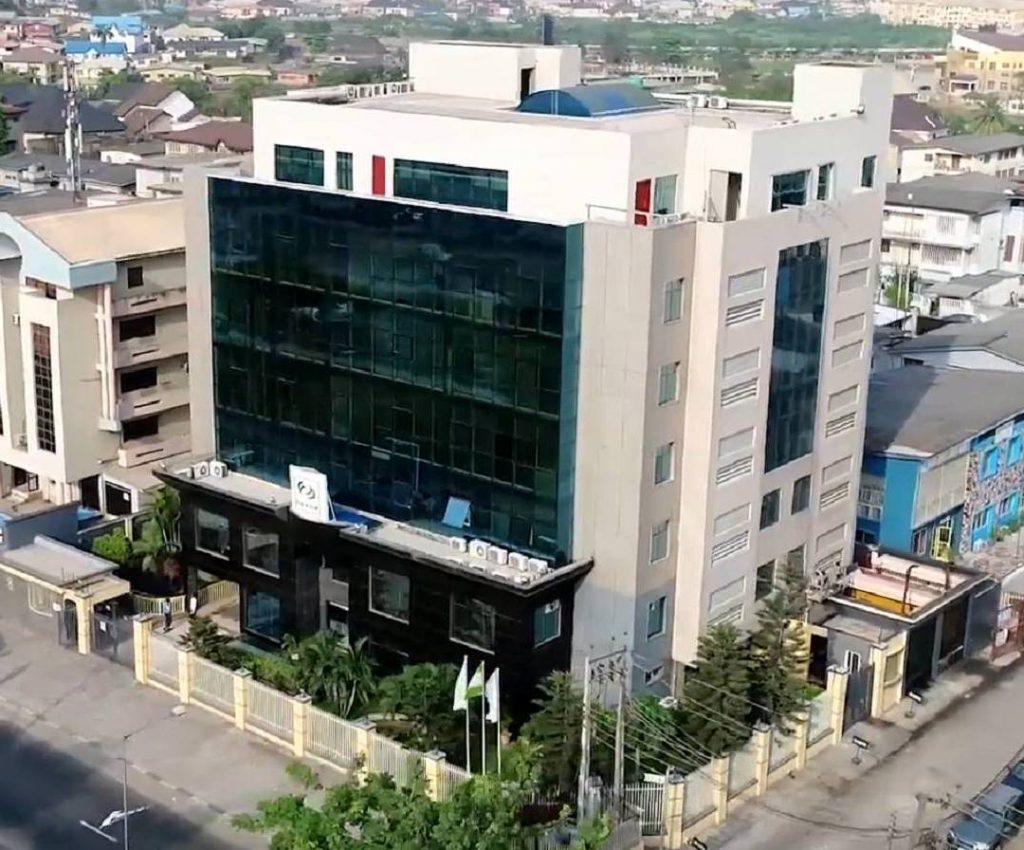What is Hypertension?
Hypertension is simply a condition in which the force of the blood against the artery walls is too high.
Usually hypertension is defined as blood pressure above 140/90 millimeters of mercury (mmHg) and is considered severe if the pressure is above 180/120.
High blood pressure often has no symptoms. Over time, if untreated, it can cause health conditions, such as heart disease and stroke.
Hypertension and Covid-19: Why you must keep safe!
While we may be preoccupied with this new health crisis, let us not ignore other health problems – especially ones that can creep up silently, like hypertension. While pneumonia has been identified as the most common complication of coronavirus, it can also damage the cardiovascular system. This is why people with high blood pressure, heart diseases, and heart failure are at most risk of coronavirus.
According to a publication in the Pharma news online of May 6th, 2020, The National Agency for Food and Drug Administration and Control (NAFDAC) reported that treatment of COVID-19 with hydroxychloroquine and chloroquine increases the chances of heart rhythm problems especially in people with underlining health issues such as hypertension, diabetes, heart diseases, lung diseases, cancer etc.
Data from China and Italy — countries hit early by the virus — showed higher risk of COVID-19 infections and complications in people with high blood pressure.
In China, 25% to 50% of people who came to hospitals with coronavirus had high blood pressure or another health condition like cancer, diabetesor lung diseases. In Italy, more than 99% of people who have died from the virus had one of these conditions — and 76% of them had high blood pressure.
People with high blood pressure are also more likely to die from coronavirus. Their risk is about 6% higher than the overall population according to another publication online by webmd.com.
Here are tips to preventing and managing hypertension.

Maintain a healthy weight: People who are overweight should try to lose weight, and people of normal weight should avoid adding on any pounds. If you are carrying extra weight, losing as little as 10 pounds can help prevent high blood pressure.

Eat a balanced diet: Eating healthful foods can help keep your blood pressure under control. Eating a diet that is rich in whole grains, fruits, vegetables, low-fat dairy products and skimps on saturated fat and cholesterol can lower your blood pressure by up to 11 mm Hg if you have high blood pressure.

Avoid too much salt: For many people, eating a low-sodium diet can help keep blood pressure normal. The higher the sodium intake, the higher the blood pressure. When you eat too much salt, which contains sodium, your body holds extra water to “wash” the salt from your body. In some people, this may cause blood pressure to rise. The added water puts stress on the heart and blood vessels. Cutting back on your total salt intake will do you much good in prevention and management of hypertension. You can achieve this by avoiding high sodium packaged and processed foods and not adding extra salt to your meals.

Exercise regularly: Regular physical exercise is one of the pillars of healthy living. The heart is a muscle and the less it is worked, the weaker it becomes. Regular physical activity makes your heart stronger. A stronger heart can pump more blood with less effort. If your heart can work less to pump, the force on your arteries decreases, lowering your blood pressure.
Cardiovascular or aerobic exercise can help lower your blood pressure and make your heart stronger. Examples include walking, jogging, jumping rope, bicycling (stationary or outdoor), high- or low-impact aerobics, swimming, and water aerobics. Get moving to prevent hypertension.

Limit Alcohol intake: Drinking too much alcohol is a potent risk factor of high blood pressure. Drinking too much alcohol can raise blood pressure to unhealthy levels. Having more than three drinks in one sitting temporarily increases your blood pressure, but repeated binge drinking can lead to long-term increases. The new advice says men and women who drink regularly should consume no more than 14 units a week – equivalent to six pints of beer or seven glasses of wine.

Know your numbers: monitor your blood pressure, make sure that you have your blood pressure measured regularly, either at your doctor’s office or at home. High blood pressure often occurs with no symptoms, so only blood pressure readings will tell if your blood pressure is on the rise. If your doctor determines that you have prehypertension (blood pressure in the range of 120/80mmHg – 139/89mmHg), putting you at increased risk of developing hypertension, your doctor may recommend extra steps as a safeguard.
Decide to make necessary lifestyle changes to help prevent hypertension. Start with achieving smaller goals like snacking on fruits and vegetables instead of junk food and continue to practice these good habits until they are a part of your daily routine.







